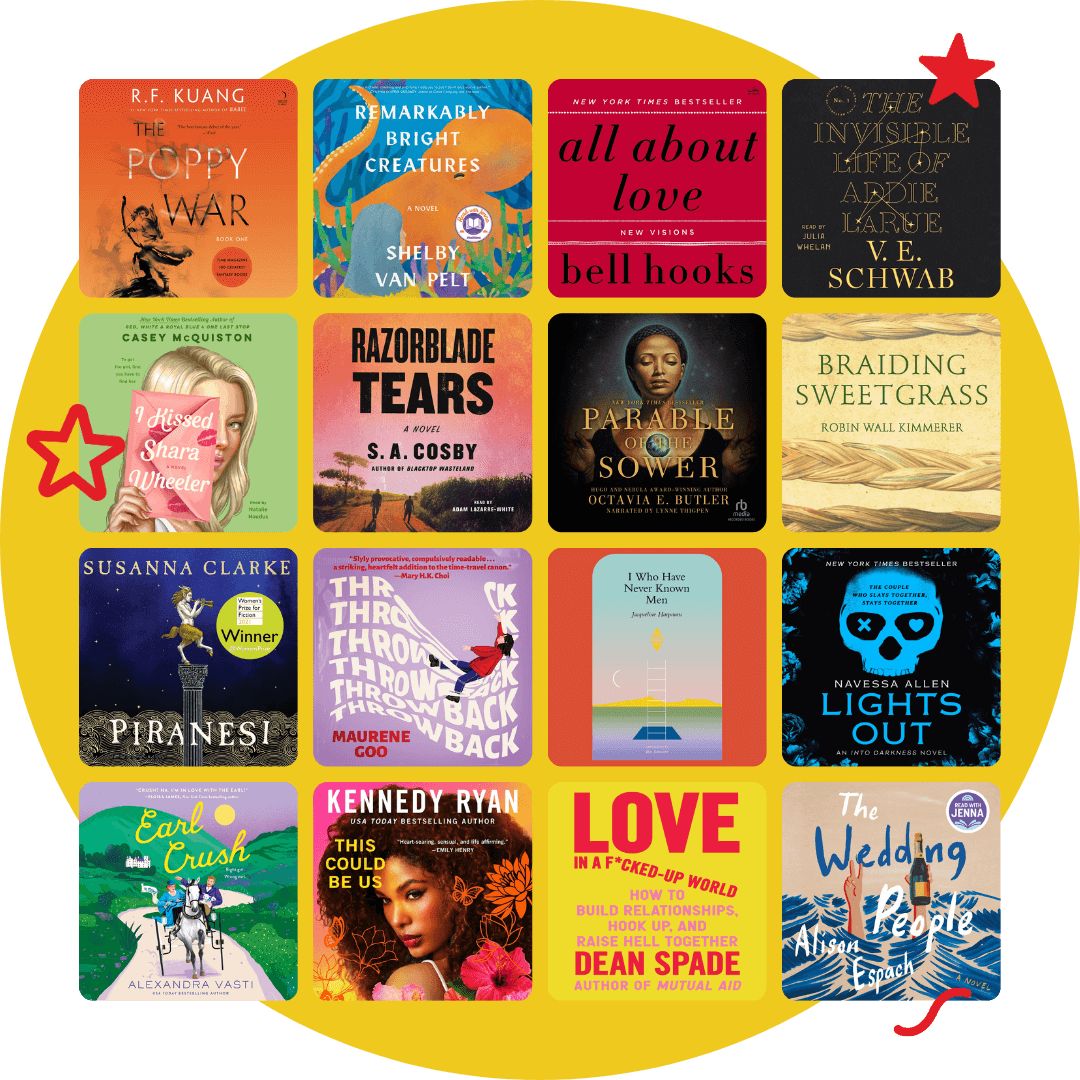Author:
Erika Christakis

Almost ready!
In order to save audiobooks to your Wish List you must be signed in to your account.
Log in Create account
Indie Bookshop Appreciation Sale
In celebration of indies everywhere, shop our limited-time sale on bestselling audiobooks. Don’t miss out—purchases support local bookstores!
Shop the saleThe Importance of Being Little
This audiobook uses AI narration.
We’re taking steps to make sure AI narration is transparent.
Learn moreA bold challenge to the conventional wisdom about early childhood, with a pragmatic program to encourage parents and teachers to rethink how and where young children learn best by taking the child’s eye view of the learning environment
Parents of young children today are embattled: Pick the “wrong” preschool and your child won’t get into the “right” college. But our fears are misplaced, according to Yale early childhood expert Erika Christakis. Children are powerful and inventive; and the tools to reimagine their learning environment are right in front of our eyes.
Children are hardwired to learn in any setting, but they don’t get the support they need when “learning” is defined by strict lessons and dodgy metrics that devalue children’s intelligence while placing unfit requirements on their developing brains. We have confused schooling with learning, and we have altered the very habitat young children occupy. The race for successful outcomes has blinded us to how young children actually process the world, acquire skills, and grow, says Christakis, who powerfully defends the preschool years as a life stage of inherent value and not merely as preparation for a demanding or uncertain future.
In her path-breaking book, Christakis explores what it’s like to be a young child in America today, in a world designed by and for adults. With school-testing mandates run amok, playfulness squeezed, and young children increasingly pathologized for old-fashioned behaviors like daydreaming and clumsiness, it’s easy to miss what’s important about the crucial years of three to six, and the kind of guidance preschoolers really need. Christakis provides a forensic and far-reaching analysis of today’s whole system of early learning, exploring pedagogy, history, science, policy, and politics. She also offers a wealth of proven strategies about what to do to reimagine the learning environment to suit the child’s real, but often invisible, needs. The ideas range from accommodating children’s sense of time, to decluttering classrooms, to learning how to better observe and listen as children express themselves in pictures and words.
With her strong foundation in the study of child development and early education and her own in-the-trenches classroom experience, Christakis peels back the mystery of early childhood, revealing a place that’s rich with possibility. Her message is energizing and reassuring: Parents have more power (and more knowledge) than they think they do, and young children are inherently creative and will flourish, if we can learn new ways to support them and restore their vital learning habitat.
Erika Christakis is an early childhood educator at the Yale Child Study Center, where she teaches college courses on child development and education policy. An honors graduate of Harvard College, she has advanced degrees from Johns Hopkins University, the University of Pennsylvania, and Lesley University’s Graduate School of Education. She is a Massachusetts-certified teacher (pre-K through second grade) and a licensed preschool director. She has written for The Washington Post, The Boston Globe, TIME.com, and the Financial Times. She lives in New Haven, Connecticut.
Audiobook details
Narrator:
Teri Schnaubelt
ISBN:
9781511357883
Length:
12 hours 4 minutes
Language:
English
Publisher:
Brilliance Audio
Publication date:
February 9, 2016
Edition:
Unabridged
Libro.fm rank:
#11,527 Overall
Genre rank:
#66 in Education
 Start gifting
Start gifting
 Libro.fm for Business
Libro.fm for Business
 Start a membership, get two free audiobooks
Start a membership, get two free audiobooks